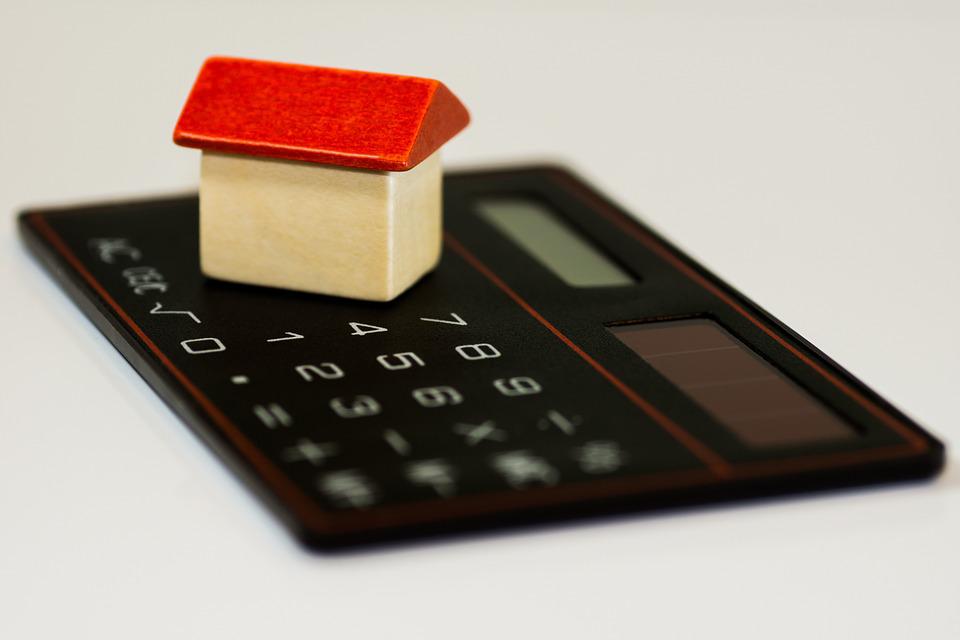
24 Dec Can I save on taxes when I sell my second home?
Photo: pixabay.comQ. I’m a single person in New Jersey selling a secondary residence out-of-state. I have owned the out-of-state residence for more than three years and file taxes as a New Jersey resident. On the sale of the secondary residence, I will realize capital gains of $93,000. If I have never used the federal exemption on the first $250,000 of capital gains on the sale of a home, can this exemption be used on out-of-state property? What are other options can I use to avoid capital gains tax, such as a 1031 exchange?
— Seller soon
A. Congrats on the sale of this property.
You may not like our answer.
Because the property you are selling is a secondary residence and not your primary home, you cannot use the $250,000 — for single filers — capital gains exclusion, said Leo Chubinishvili, a wealth advisor with Access Wealth in East Hanover.
This exclusion is only available for primary residences, and its use does not apply to vacation homes, rental properties or other secondary residences, he said.
“To qualify for this exclusion, you must have owned the home for at least two years and lived in the home as your primary residence for at least two of the five years prior to the sale,” Chubinishvili said.
You will be required to file a state tax return in the state where the property is located and owe capital gains tax to that state, he said. You will also report out-of-state capital gains tax on your New Jersey state tax return, he said. You should receive credit from New Jersey, so you are not double-taxed on a state level.
Now the bad news about a 1031 exchange.
Primary or secondary homes do not qualify for a 1031 exchange unless they are used as investment or rental properties, Chubinishvili said.
“You can offset capital gains with capital losses dollar for dollar; for example, sell other investments that have declined in value,” he said. “If you have made significant improvements to the property, you can add the cost of those improvements to your property’s basis, reducing your taxable gain.”
Now if you were thinking of turning this property into a rental property for 1031 exchange purposes, the IRS does not specify an exact duration for how long a property must be rented to qualify.
“However, they do evaluate intent based on fact and circumstances, that the property is truly held for investment or business purposes and not personal use,” he said. “A safe rule of thumb would be at least on year for a new property. This one year will align with a full tax year helping to support the claim that the property is used as an investment.”
If it was a personal property that converted into an investment property, then the IRS Safe Harbor rule should most likely be followed, Chubinishvili said.
This involves two important items.
First, the property must be rented at fair market value to unrelated parties for at least 14 days per year for two consecutive tax years, he said.
And second, personal use of the periptery cannot exceed 14 days per year or 10% of the day rented, whichever is greater, he said.
“Following this two-year guideline creates a `safe harbor,’ meaning that the IRS is much less likely to challenge the intent to hold the property for investment purposes,” Chubinishvili said.
Email your questions to Ask@NJMoneyHelp.com.
This story was originally published in December 2024.
NJMoneyHelp.com presents certain general financial planning principles and advice, but should never be viewed as a substitute for obtaining advice from a personal professional advisor who understands your unique individual circumstances.

